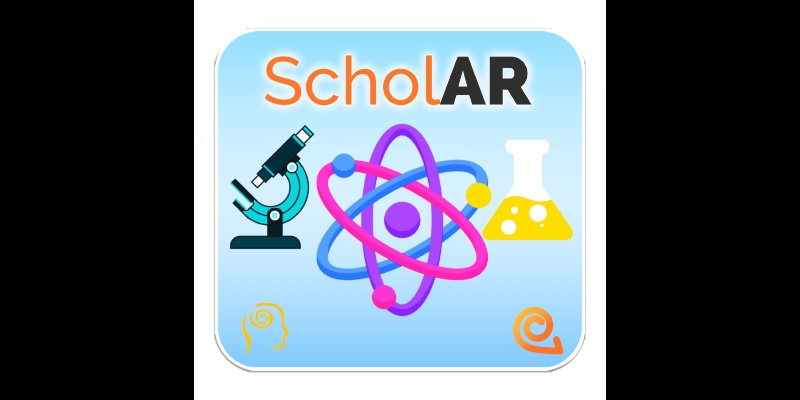
Digital learning platform ScholARlab is revolutionising the way science is taught in schools. An initiative by education-based startups Escavel Edtech and Aye Learning Labs, ScholARlab offers fully interactive, simulator-based 3D virtual labs through their product ScholAR.
The virtual labs are specifically designed for students and teachers of K12, targeting grades six to 12. With “experiment based learning” as its motto, the organisation enables teachers to impart education by leveraging 3D visualisations, augmented reality (AR) and virtual reality (VR).
“ScholARlab is committed to transforming the landscape of STEM education,” said ScholARlab CEO Balaji Venkataraman. “We believe that the future of education lies in combining technology with experiential learning. With ScholAR, we aim to ignite a passion for science by making learning engaging and fun.”
ScholAR, the flagship product of ScholARlab, consists a library of 3D interactive simulations covering over 500 topics. “Through ScholAR, we are providing students with an opportunity to explore and comprehend complex scientific concepts in a way that was never possible before. Our virtual labs transcend the limitations of traditional classroom setups and allow students to experience the excitement of scientific exploration in a Do-It-Yourself (DIY) way,” Venkataraman added.
In the past year, the platform has deployed its Virtual Lab in more than 150 schools across India, catering to over 1,00,000 users. Looking ahead to the academic year 2023-24, the company has forged strategic partnerships at both national and international levels. These alliances will enable the platform to bring the power of its product to over 5,00,000 students and teachers in more than 10 countries across Southeast Asia and North America. “We are excited to collaborate with educational institutions and organisations worldwide to make high-quality STEM education accessible to all,” said ScholARlab chief business officer Franxan Stanley.
A National Assessment Survey conducted by the Ministry of Education has revealed that the overall science learning outcomes for K12 students are “poor” with results declining as the grades increase. Shockingly, only about 45 per cent of government schools are equipped with science labs. ScholARlab aims to utilise the power of gaming technologies to make science engaging and effective. “With new-age gaming technologies, we have a grand opportunity to transcend to significantly higher levels by simulating real-world scenarios. Connecting the dots between scientific concepts and real applications should be an important agenda for virtual lab products.” Venkataraman explained.
Earlier this year, ScholARlab was selected by Meta (formerly Facebook) to participate in their highly exclusive XR Startup Program. Leveraging this collaboration, ScholARlab plans to harness the capabilities of Extended Reality (XR) to develop a collaborative virtual lab.
ScholARlab’s journey has been bolstered by funding from JITO and marquee angels during their seed funding round. “Securing the present round of funding will enable us to further enhance ScholARlab’s capabilities and expand our reach to benefit even more students and educators globally,” said the platform’s chief technology officer Kartik.